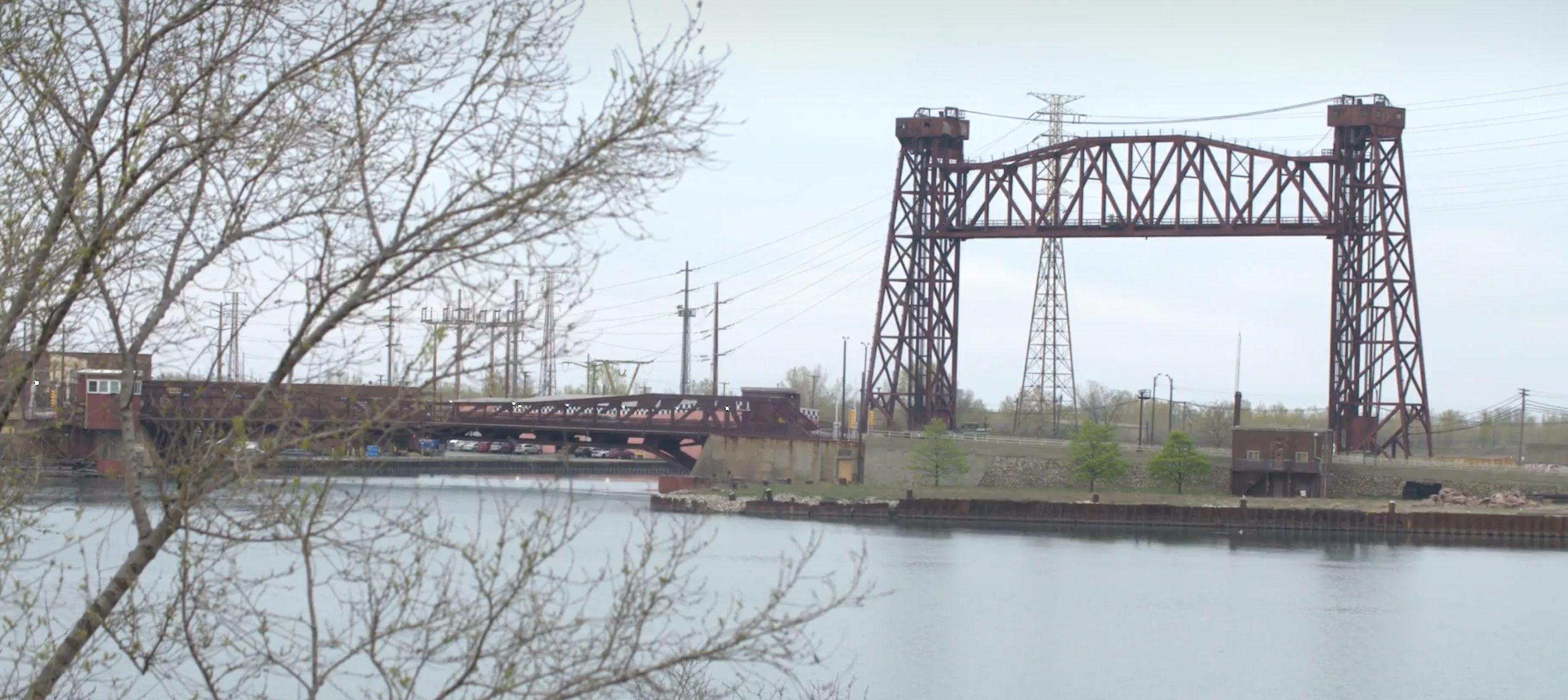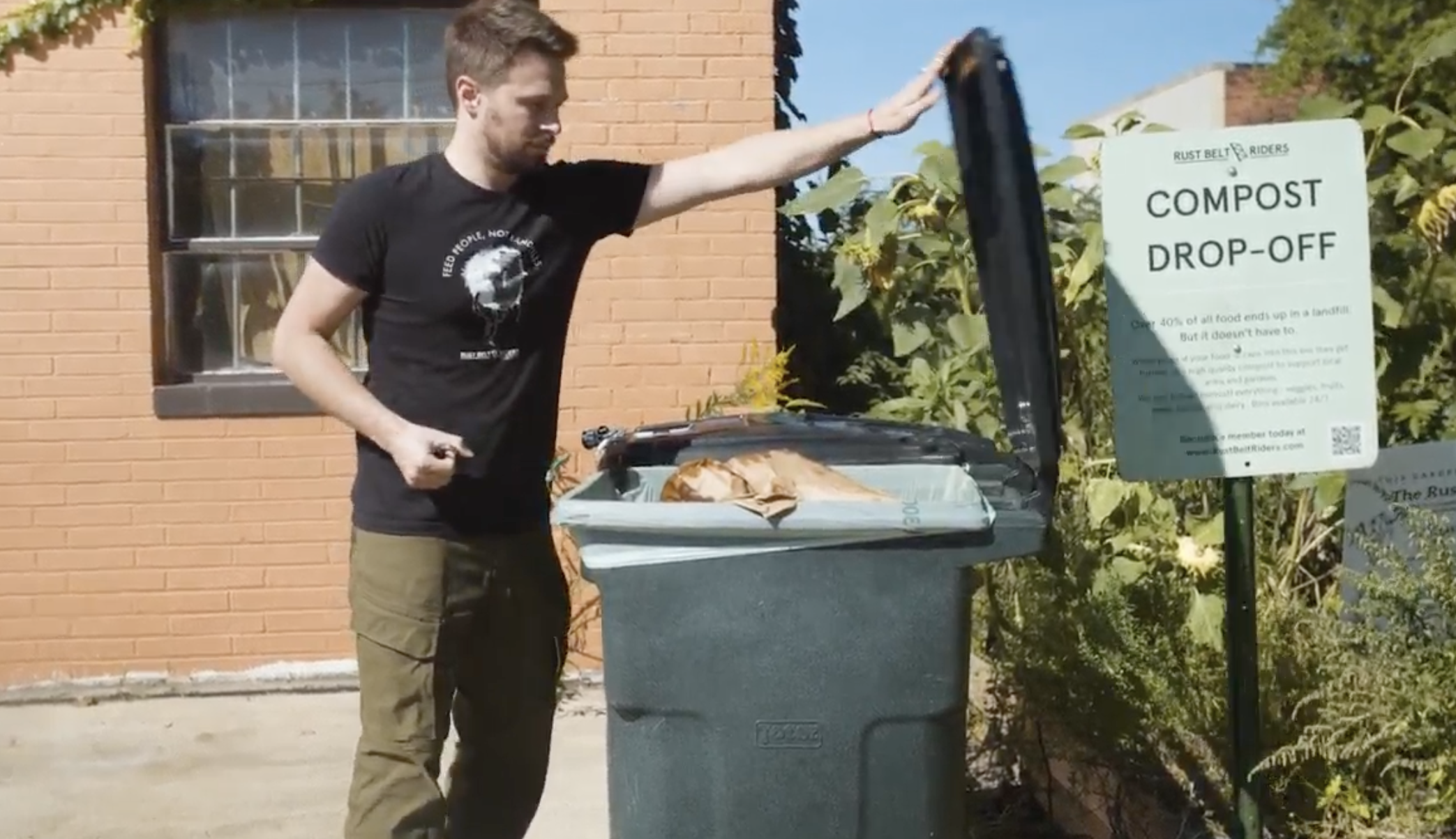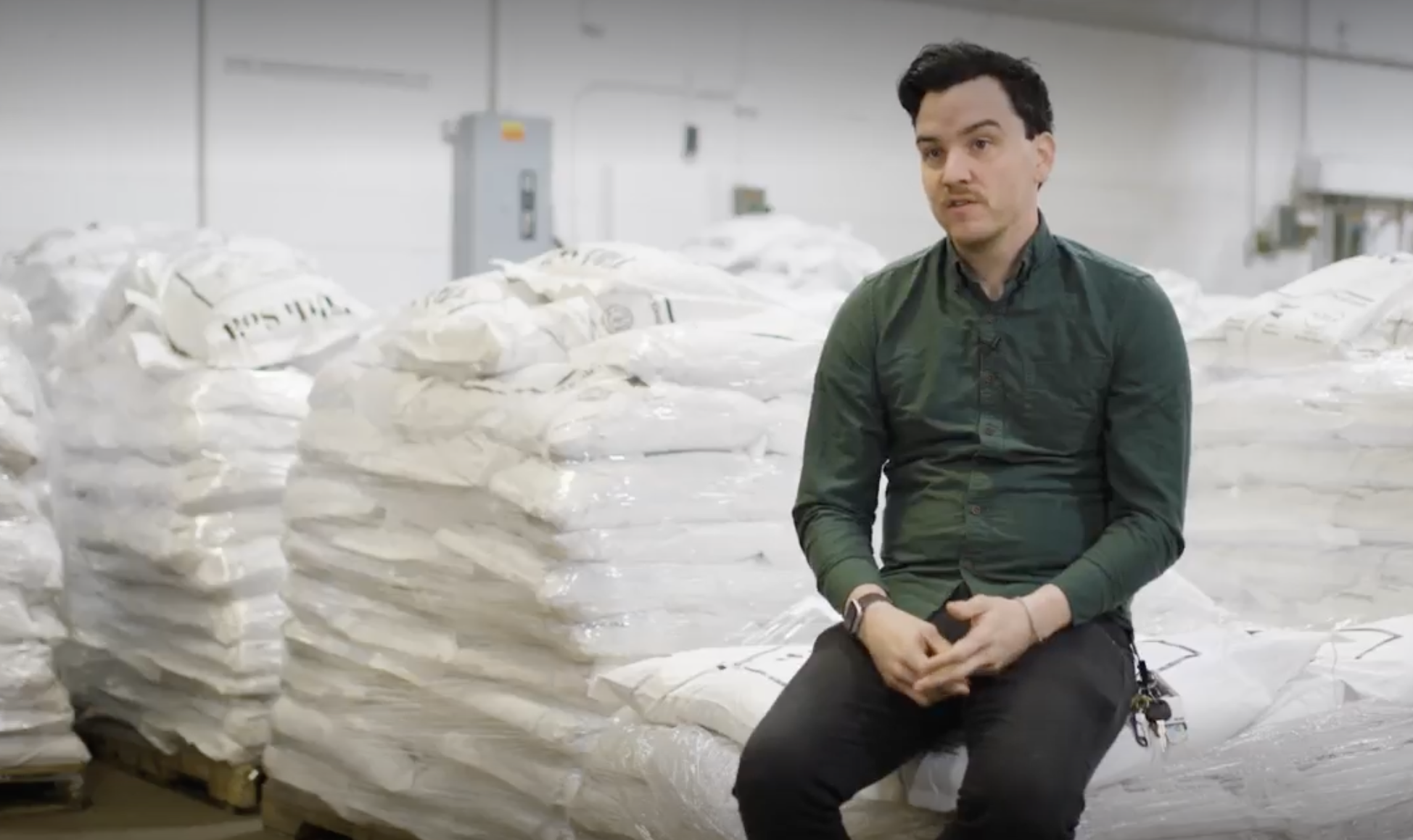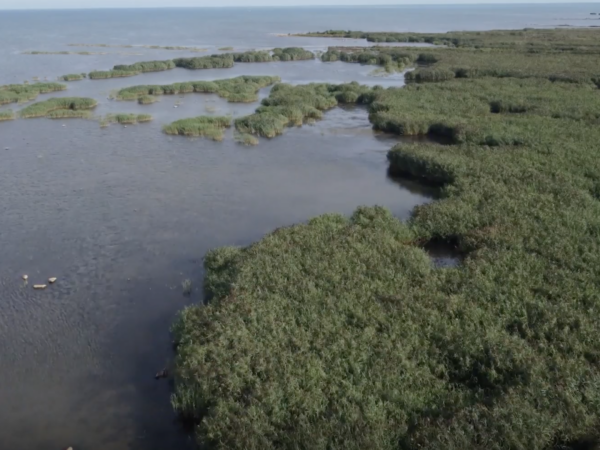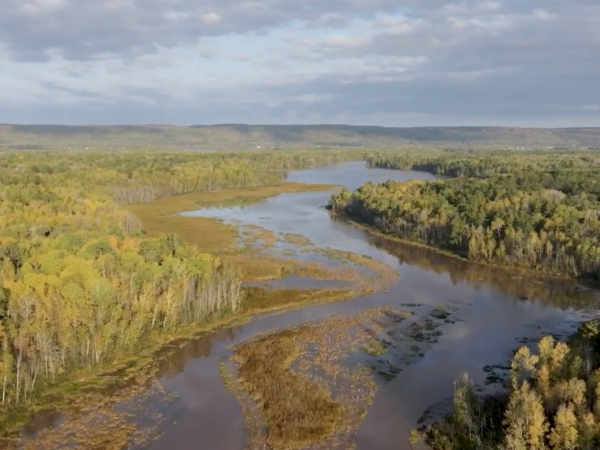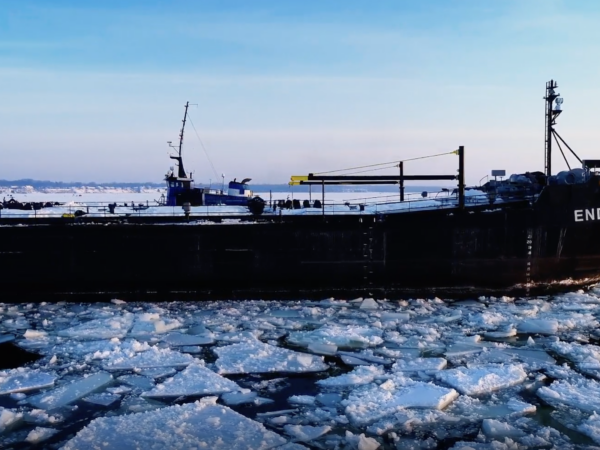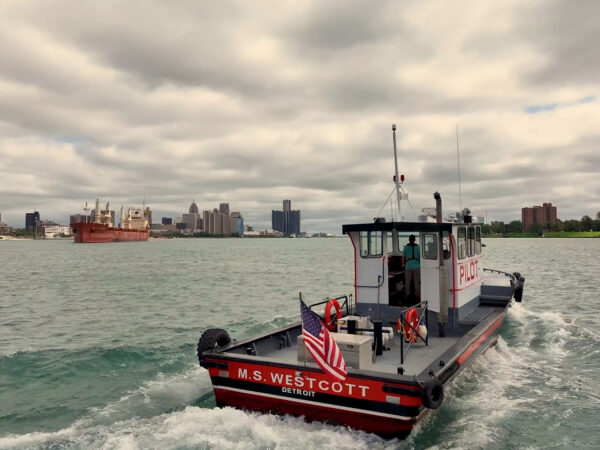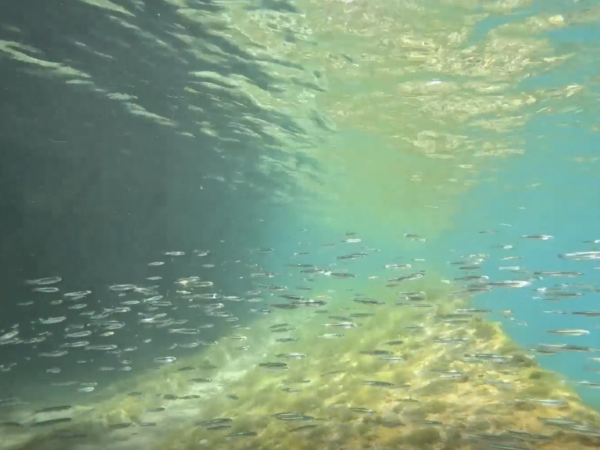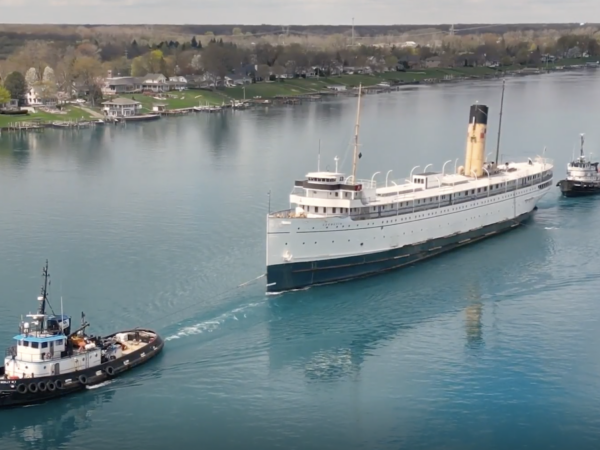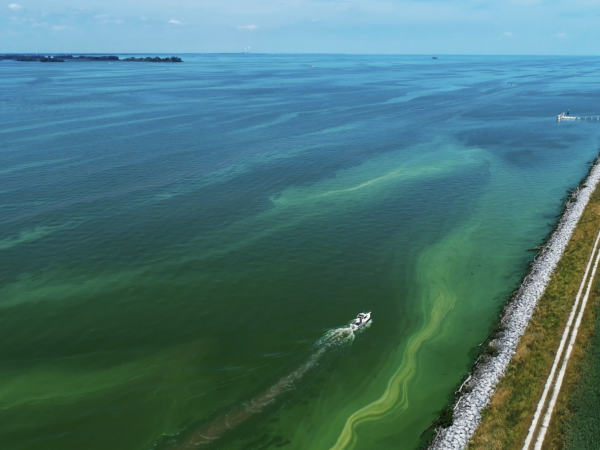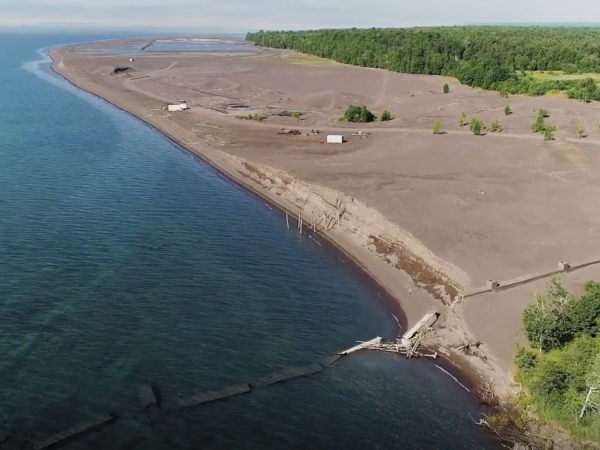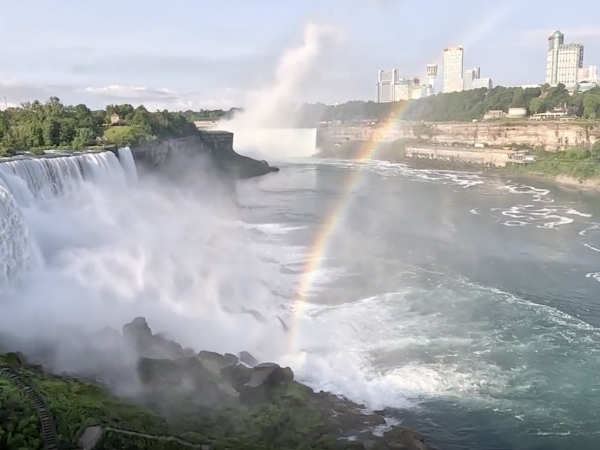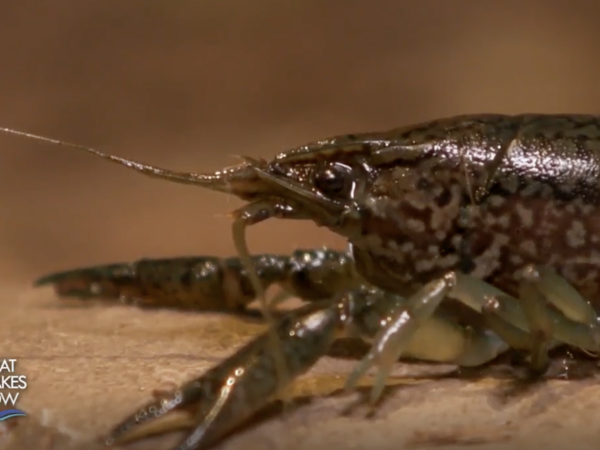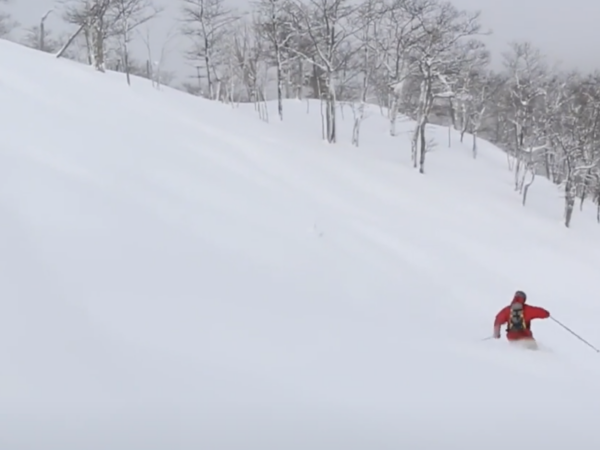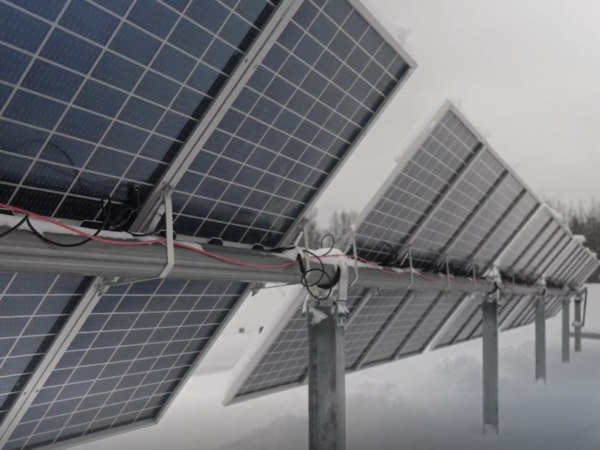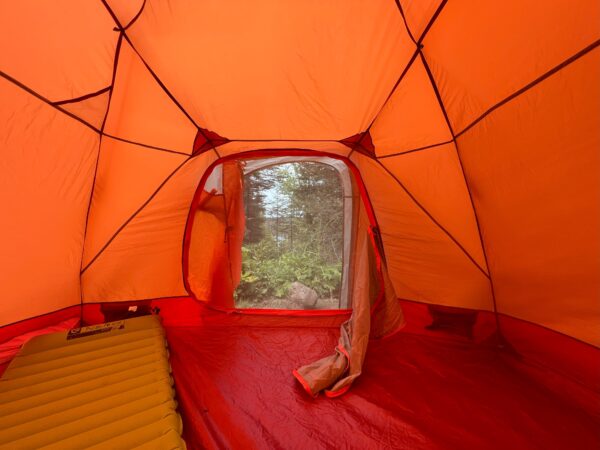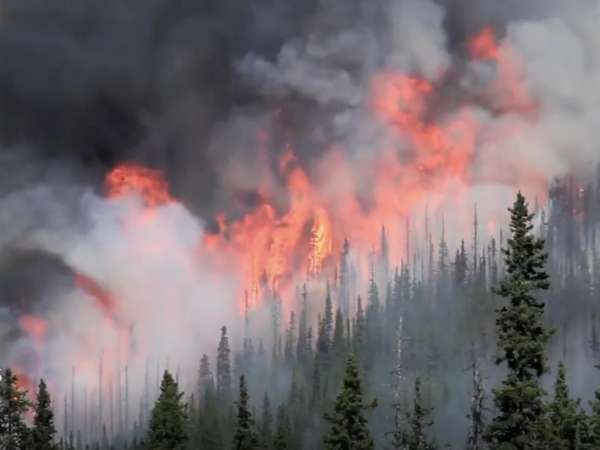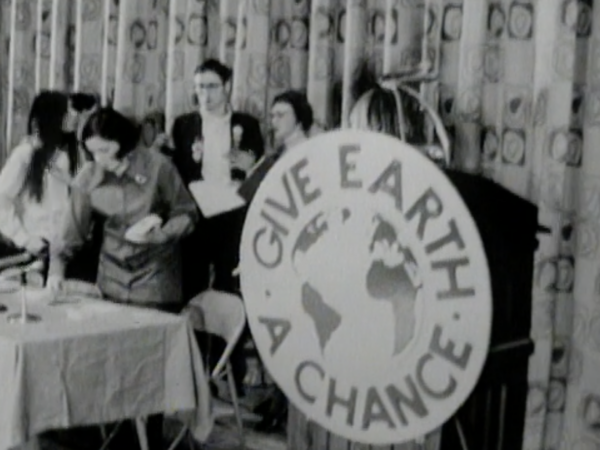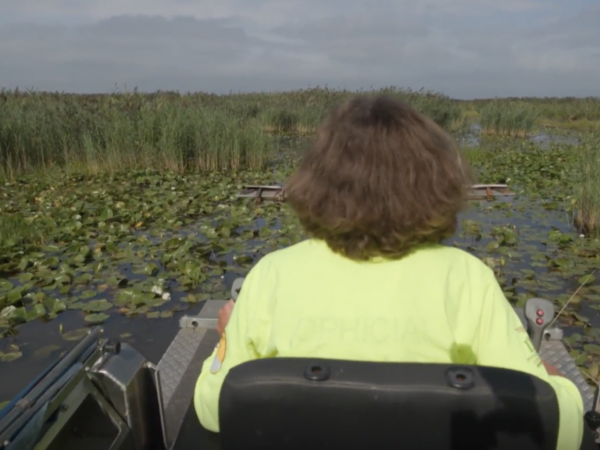IN THIS EPISODE:
In the latest episode of Great Lakes Now, “A Better Future,” a Chicago community surrounded by industry fights for a cleanup, a creative approach to keeping food waste out of landfills in Cleveland and The Catch.
GREAT LAKES LEARNING:
Explore this month’s hands-on lesson plans designed to help your middle schoolers understand the Great Lakes — all at home or in the classroom. They’re aligned to education standards AND free to download.
Lesson Plans
Have a question about the Great Lakes or life in the region?
Ask Great Lakes Now, and if we can answer it, we might loop it into our coverage so others can learn too.
Submit Your Question
When to Watch?
Check your local station for when Great Lakes Now is on in your area.
Great Lakes Now
Premieres on DPTV
Monday, June 26, at 7:30 PM
STATIONS CARRYING THE SERIES
DPTV
Detroit, Michigan
WEAO
Akron, Ohio
WNEO-TV
Alliance, Ohio
WCML-TV
Alpena, Michigan
WDCP-TV
Bad Axe, Michigan
BCTV
Bay County, Michigan
WBGU-TV
Bowling Green, Ohio
WNED-TV
Buffalo, New York
WCMV-TV
Cadillac, Michigan
WTTW-TV
Chicago, Illinois
WVIZ-TV
Cleveland, Ohio
WKAR-TV
East Lansing, Michigan
WQLN-TV
Erie, Pennsylvania
WCMZ-TV
Flint, Michigan
WGVU-TV
Grand Rapids, Michigan
WPNE-TV
Green Bay, Wisconsin
WGVK-TV
Kalamazoo, Michigan
WHLA-TV
La Crosse, Wisconsin
WHA-TV
Madison, Wisconsin
WNMU-TV
Marquette, Michigan
WHWC-TV
Menomonie-Eau Claire, Wisconsin
WMVS-TV
Milwaukee, Wisconsin
WCMU-TV
Mt. Pleasant, Michigan
WLEF-TV
Park Falls, Wisconsin
WNIT-TV
South Bend, Indiana
WCNY-TV
Syracuse, New York
WGTE-TV
Toledo, Ohio
WDCQ-TV
University Center, Michigan
WNPI-TV
Watertown, New York for Ontario signal
WPBS-TV
Watertown, New York for U.S. signal
WHRM-TV
Wausau, Wisconsin
A Community Fights For A Cleaner Future
SEGMENT 1 | Chicago, Illinois
Located on the southern shore of Lake Michigan is Chicago’s Southeast Side. For years, it was an industrial powerhouse where steel mills, oil refineries and other manufacturers employed thousands of workers. “Yeah, I mean, it was great. I mean, we really didn’t, weren’t aware of a lot of the environmental pollution,” said Linda Gonzalez, a longtime Southeast side resident. For years, pollution was just part of life in that area of Chicago. When jobs started drying up, an industrial wasteland was left behind. There are at least two dozen toxic waste sites on the Southeast Side, some located near schools and parks.
For decades it was standard practice for companies to dump liquid and solid waste into nearby marshes and waterways, like the Calumet River. The river is the center of Chicago’s industrial corridor on the Southeast Side, where large freighters come in to load and unload cargo. The Calumet needs regular dredging to accommodate these huge ships, which is the job of the US Army Corps of Engineers. The muck that’s dredged up from the bottom of the river is filled with toxic materials such as PCB’s, lead, mercury, barium and other heavy metals.
Since the 1980’s, the Army Corps has been putting the toxic waste into a dump site called a Contained Disposal Facility, or CDF, where the Calumet meets Lake Michigan. It’s right next to a park where children play, and now, the site is full and the Army Corps wants to expand the dump site upward. “They want to build a 25-foot higher berm and then be able to add more space behind that to keep dumping there,” said Juanita Irizarry, Executive Director of Friends of the Parks in Chicago. “We think it’s ridiculous to do that in any case, but most certainly right on the lakeshore.”
In an effort to halt expansion of the CDF, the Environmental Law and Policy Center has filed a lawsuit against the Army Corps of Engineers on behalf of the Southeast Side community. The Southeast Side community won a partial victory when the Illinois EPA changed the permitting process for the dump site. As a result, the Army Corps of Engineers says “completion of the vertical expansion will be delayed one to two years.”
Here is other Great Lakes Now work on environmental justice:
As agencies seek more environmental justice data, longtime residents are skeptical
“Battling Food Waste for People and the Planet”
SEGMENT 2 | Cleveland, Ohio
The Environmental Protection Agency estimates that in the United States roughly one third of food intended for human consumption ends up as food waste. That’s a big problem.
When food is discarded, all the inputs used in producing, processing, transporting, preparing, and storing food are wasted and carbon dioxide is produced. And when food waste ends up in landfills, it rots and creates methane – a harmful greenhouse gas that is a major contributor to climate change.
Join GLN as we head to Cleveland, Ohio, where Dan Brown and his team at Rust Belt Riders are helping their community redefine their relationship with food waste. They collect food waste from around the city and use it to create compost and soil. Their efforts are helping the environment and kickstarting the city’s circular economy.
We’ll also learn about a new food waste pilot program underway at Cleveland’s historical West Side Market. The program includes a composting as well as a food rescue component, which helps keep edible (but unsellable) food out of the trash and onto the plates of some of the city’s most food insecure residents.
Here is other Great Lakes Now work on food waste:
These 3 Detroit restaurants are tackling climate change in the kitchen
‘Circular economy’ programs aim to reduce waste and build jobs
The Catch: News about the Lakes You Love
SEGMENT 3 | Manistique, MI; Lake Superior, Cleveland, OH
This segment – The Catch – in our award-winning PBS program will keep you in the know. This month, stories about an Upper Peninsula bicycling event, long-term average water rise in Lake Superior and a fishing competition gone wrong.
First, a look at “Tour Da Yoop, Eh,” James Studinger’s 10-day bike journey throughout Michigan’s Upper Peninsula. James set out to create a safe route for bicyclists that allows them to explore the landscapes and towns in the area. Since creating the bike event in 2018, James has been pushing officials to adopt road safety measures for cyclists in the U.P. and beyond. “A unique thing about the Upper Peninsula is it’s a big landmass but it’s skinny in so it’s an easy place to create this type of a loop logistically where you could do a section of it,” said James.
Next, a story about water levels in Lake Superior from MLive Chief Meteorologist Mark Torregrossa. Mark says that according to data from April 2023, there’s been an increase in long-term average water rise of 3 inches, meaning that Lake Superior levels could see record numbers this summer. Mark says that global warming can be an underlying cause of this rise, which will create more variability regarding water levels in the future.
Finally, a look at a Great Lakes fishing competition gone wrong. Interlochen Public Radio’s Dan Wanschura of the Points North Podcast tells the story of two anglers caught cheating at the annual Lake Erie Walleye Trail. The two fisherman were sentenced to 10 days in jail along with a variety of fines and penalties. To combat the cheating moving forward, Wanschura says that the competitions are utilizing polygraph tests for winning participants to prove that they truthfully won the tournament.
Other stories from The Catch
Featured Articles
Digital Credits
The Great Lakes Now Series is produced by Rob Green and Anna Sysling.


